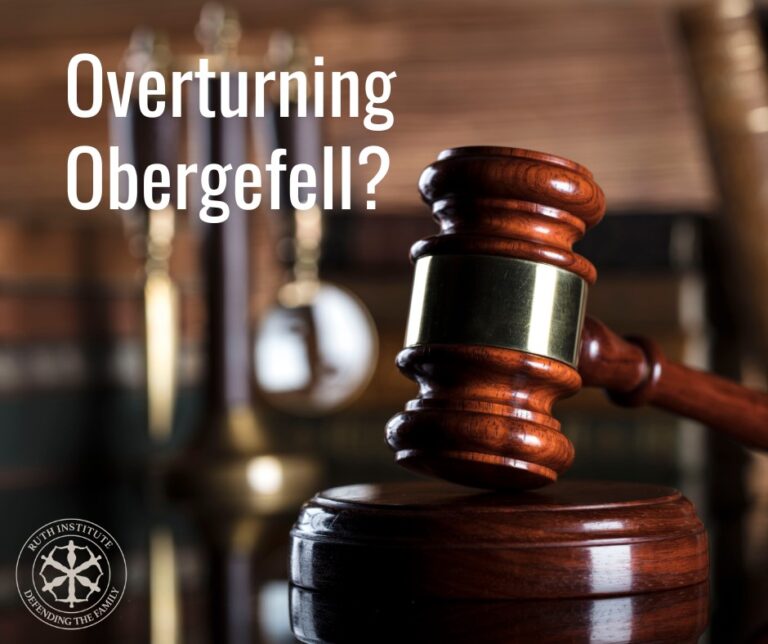1. Have you ever had flashbacks? PTSD symptoms?
Definitely; in fact, I have been diagnosed with PTSD. The most constant symptoms are hypervigilance and self-hate. I also have internalized panic attacks
sometimes, especially triggered by my social anxiety. On my worst days, I attribute the worst motives to people or imagine that others dislike
or even hate me because I see myself as essentially unlovable. I have also struggled with suicidal ideation in the past. I cannot sit with my back
to a door or large window without extreme discomfort. I am intensely afraid of the dark, even to the point of not going out at night if not absolutely
necessary, keeping bright night lights in every room throughout the house, sleeping with the lights on in my bedroom, and asking my husband to
turn on the light in a room so that I might not have to touch the darkness. Anything that reminds me of my abuser, the location of the abuse, or
that time period in my life can trigger panic attacks or nightmares for days or weeks after. If I hear a song from the 90s or walk into a spider-infested
outdoor structure like a barn or storage shed or even hear certain names in conversation, I often will have nightmares afterward. These nightmares
can usually be categorized as either memories of the abuse reworked in my imagination (dream flashbacks?), images of demons or demonic activity,
or a recurrent nightmare in which I float on top of dark, murky, deep water with the strong sensation that something unspeakably horrific is beneath
me, but I cannot move. I would venture to say that most nights, I have at least stressful, if not outright terrifying dreams.
2. How does the public discussion of clergy sex abuse affect you emotionally?
I mostly try to distance myself emotionally from it and not expose myself to anything too incendiary. When I do allow myself to become too emotionally
involved or accidentally read something disturbing, I almost always have PTSD nightmares after and have had some periods of depression triggered
by reading some articles that were too detailed in their descriptions of the abuse.
3. How does the cover-up of clergy sex abuse affect you emotionally?
Again, I mostly distance myself emotionally, but my main reaction to cover-up is disbelief that someone could be capable of such a thing. Maybe I have
too much faith left in humanity!
4. Do you have anything specific you would like to say to Cardinal Mahony, or the LAREC organizers?
I know it is a little late to address the LAREC crowd, but I would simply encourage complicit clergy to take a moment and honestly think about what
they have done or not done. Are you comfortable with having caused the loss of peace, sense of dignity and self-worth, and even the salvation of
an eternal soul (in cases where the victim commits suicide or turns to some addiction that involves habitual mortal sin like drugs, alcohol, or
masturbation, all of which are very common)? If your answer is yes, how can you be called a father or a shepherd to those souls? To use a popular
turn of phrase, how is that pastoral accompaniment?
5. Any of this information that you are willing to share, would give people the context that would help them understand:
5a. Your age when the abuse took place,
My earliest memories are trauma memories, and it ended when I was 12.
5b. Were you abused by someone you knew and trusted? Clergy? Coach? Relative?
My eldest brother
5c. whether people believed you,
My parents, eldest sister, and other brother did, but my two other sisters did not.
5d. how long it took for you to reveal what happened
I told my eldest sister in very generic terms sometime in high school, but besides that I couldn’t speak of it until I started therapy the summer after
undergrad.
5e. whether the Church treated you appropriately (if relevant to your story)
Yes, though I will add that I often have the sensation that people (priests, spiritual directors, even my therapist, who was a Vatican II nun) don’t
know what to do with me. I’ve grown used to my spiritual mentors commenting that some issue (with forgiveness, distrust, or self-hate, for example)
is out of their realm, which leaves me rather on my own. Catholic literature on the subject is also lacking; I’ve never read a Catholic book on
the subjects of abuse or healing that was helpful, as they almost as a whole pander to the more dubious aspects of modern psychology (i.e. I’ve
yet to meet one that does not accept the faulty anthropology of modern psychology indiscriminately).
Submitted by “Claire.”



